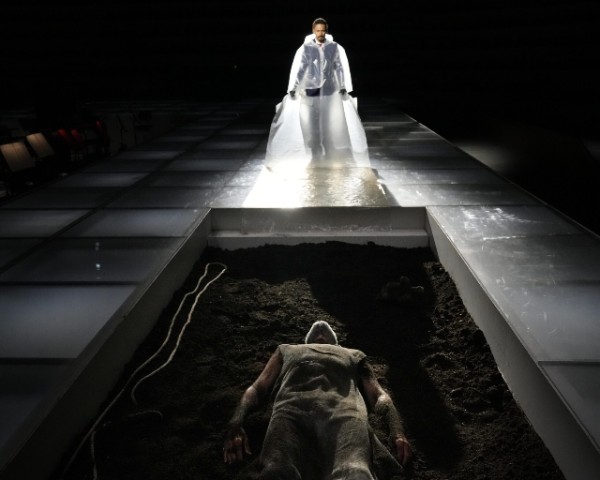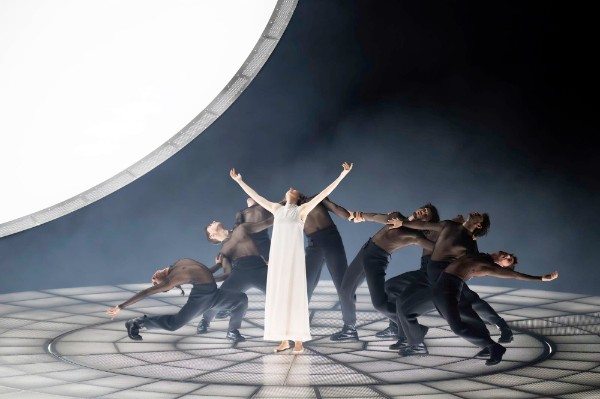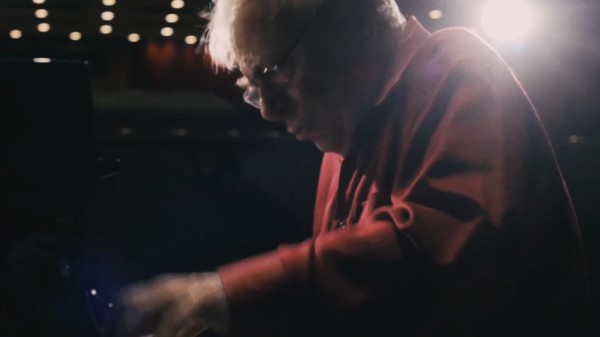On March 9th, Quatuor Hanson will be performing in Hong Kong for the first time, delivering a stunning debut performance. The quartet has won several prestigious awards, including the Concours de Genève, Diapason d’Or, and Choc de Classica awards, cementing their place amongst the most outstanding performers of their generation. The performance will consist of a diverse and exhilarating repertoire featuring Haydn’s B-minor String Quartet and George Crumb’s Black Angels. They will also perform Schumann’s Piano Quintet with celebrated pianist Rachel Cheung.
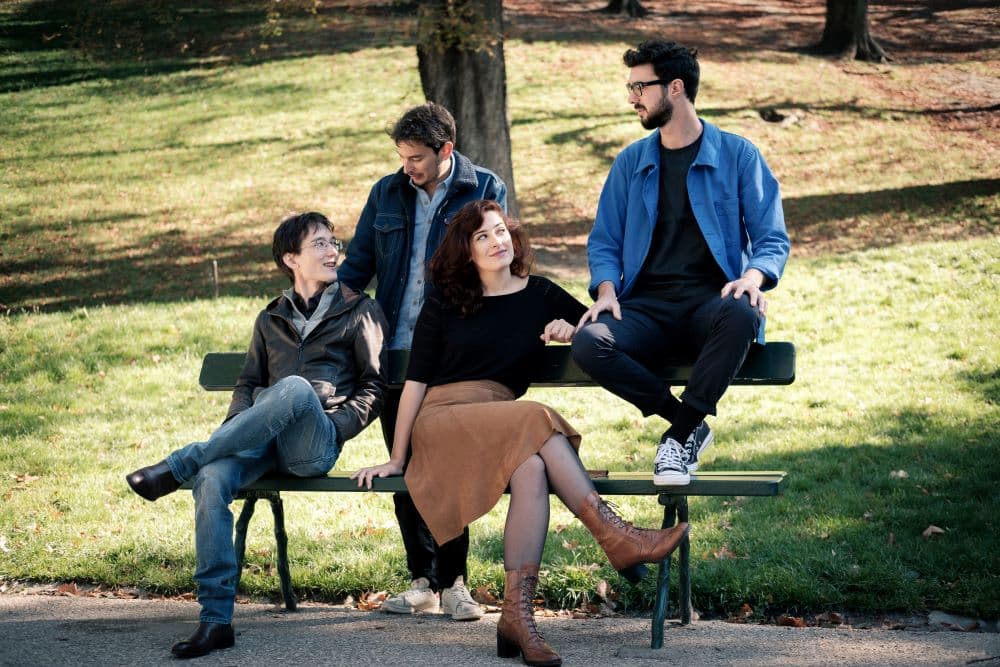
Quatuor Hanson
In this interview, Anton Hanson, the founding member and first violinist of the quartet, shares his insights about the quartet and the program for the upcoming performance.
String Quartet No. 6 in D Major, Op.50 “The Frog” – IV. Finale. Allegro con spirito
Hi, Anton. Would you like to introduce yourself?
I was personally born in Japan. I started playing the violin there, and then I went to study at Paris Conservatory. There, I met my fellow colleagues from the quartet, and now it has been 10 years that I have been playing with the quartet. We were lucky to begin this when we were students.
Were all other members from the Conservatory too?
Yes! All other fellow musicians were also students in the Conservatory at that time. It’s actually a funny story because we all entered the Conservatory in the same year, and three other colleagues lived in the same building next to the Conservatory. So, we began spending many good evenings around and practicing there.
Were you the one to suggest forming a quartet since it’s called Quatuor Hanson?
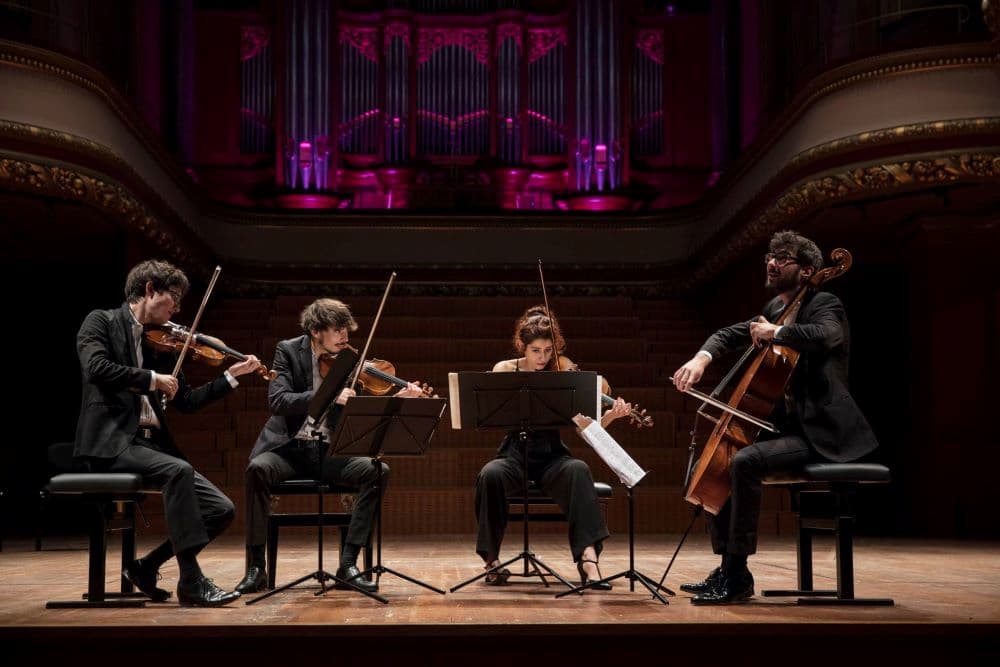
No, it’s not about the name. We are all founding members who’ve been there since the very beginning. I wouldn’t say I have a more important part in the foundation of the quartet. We actually chose the name because it was kind of a knowledge of a certain tradition of old quartets having the names of the taking the name of the first violinist. It’s nice also to be part of the legacy and tradition and try to convey that.
When choosing the repertoire, how do you decide what repertoire should be included in the program?
Generally, and especially in a quartet like ours, we try to cover a wide range of periods in the repertoire. There are some repertoires that work better for the quartet when the first violinist has a good sense of the music. But since we have such a wide range of repertoire, some repertoire, particularly the contemporary ones, the hierarchy of instruments does not show much. For example, in many 20th-century music, two violins are often treated equally.
The Quartet has released a few albums. Please tell us a bit about each album.
We started with Haydn, and we kept on playing his music. It is always interesting and fun for us to play Haydn’s music, and we never stop. People also enjoy listening to Haydn’s music.
Even though we always enjoy playing Haydn’s music, we also focus on the 20th-century and more contemporary works. Our second album, Not All Cats Are Grey, features music written by Ligeti and Bartok. Our latest released album is all about George Crumb.
We recorded the Black Angels and Makroscosmo III. It is nice that we are not only playing music from the past but also realizing that music is a continuous art form constantly being written. This has always been the case.
Ligeti’s Métamorphoses Nocturnes
The program includes the B-minor String Quartet by Haydn, Schumann’s Piano Quintet, and George Crumb’s Black Angels. Except for the instrumentations, do you find these three pieces have something in common that the audience can trace during the performance?
George Crumb’s Black Angels
If you think about the writing of the music, Crumb’s piece still maintains the traditional structure and development, like the style of Haydn and Schumann. Like the core of the classical style, Black Angels is also developed by a certain motif, a little like a variation. The “new” element is how he explored the “new” ways of producing sounds and the new ways of performance. We not only play a rhythm listed, but we also have to play other instruments, like vocalizing. That’s all new. Again, if you concentrate on the score and how the music is conceived, you will find the relations with the past.
In the Hong Kong performance, you will play Schumann’s Piano Quintet with pianist Rachel Cheung. Have you met her before?
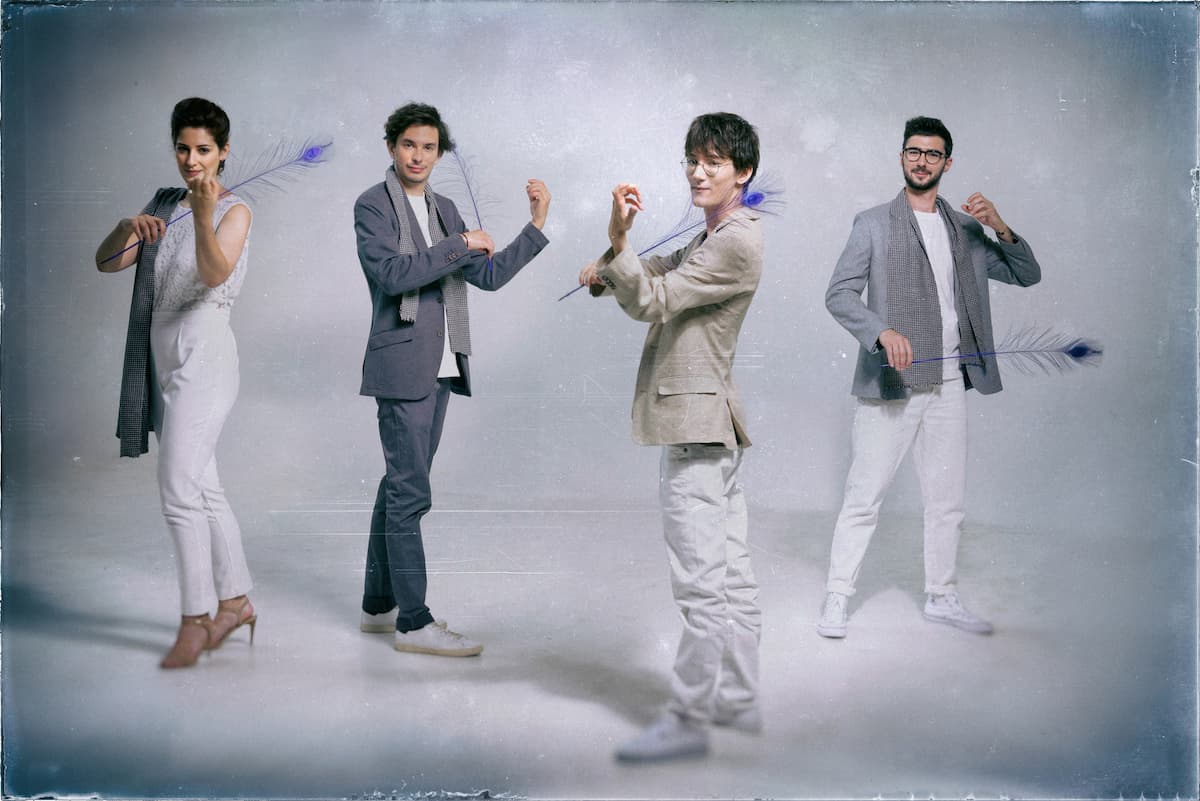
Not yet. It would be our first meeting there, but it happens very frequently to us. It is also a nice way to meet people through music. Schumann’s Piano Quintet is actually in our next CD project, and it is going to be released in May. So, we are very familiar with the piece. It is exciting because when you know a piece so well, you can also really concentrate on how you play the piece and interact with other players. I am really looking forward to playing with her.
For more of the best in classical music, sign up for our E-Newsletter
Quatuor Hanson will be performing on Saturday March 9th at the Grand Hall, Lee Shau Kee Lecture Centre, Centennial Campus, The University of Hong Kong.
To purchase or learn more about their upcoming performance in Hong Kong, please visit https://muse.hku.hk/programmes/quatuor-hanson/
To learn about Quatuor Hanson, visit their website at https://quatuorhanson.com/

